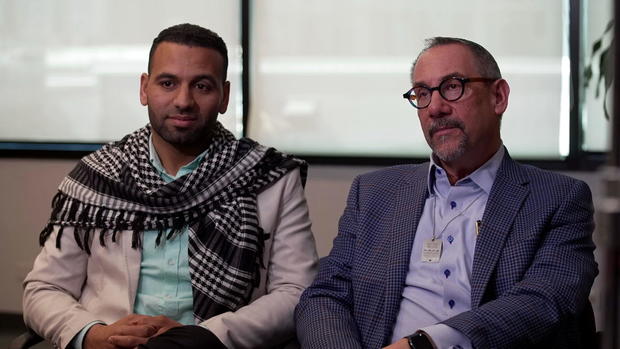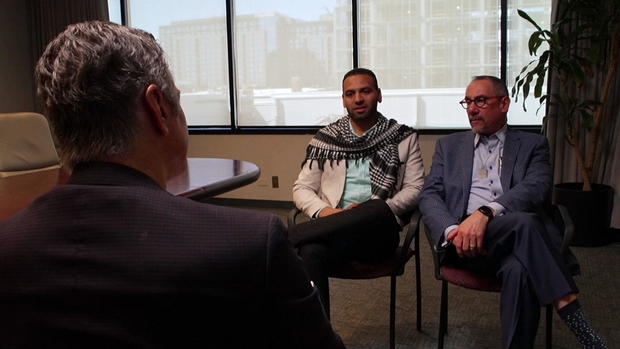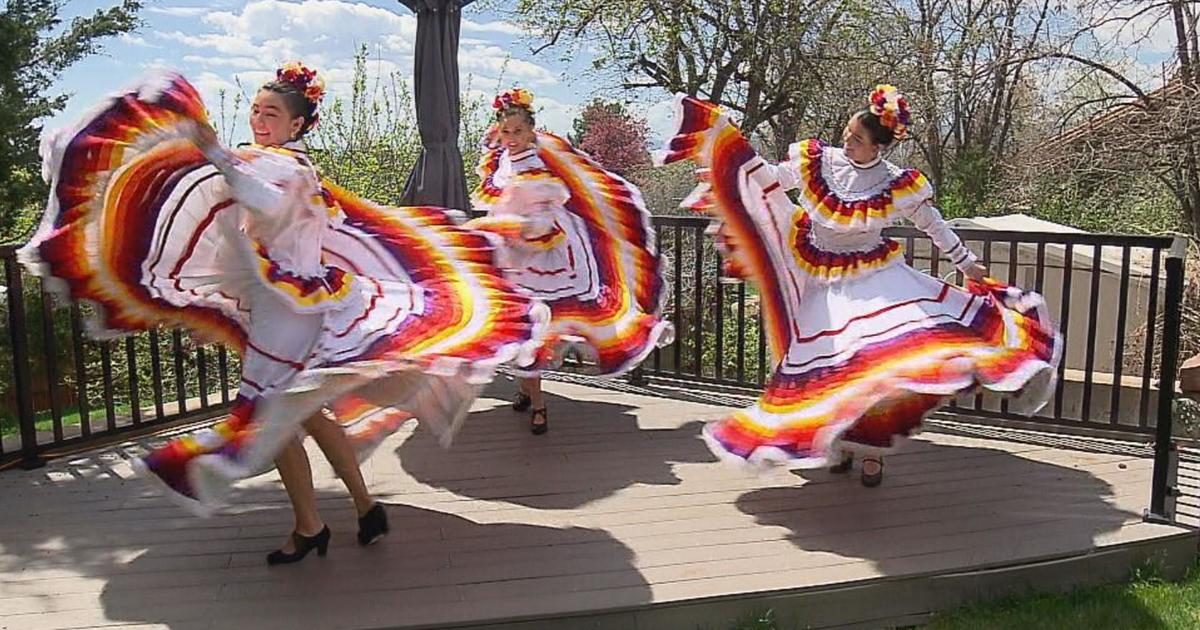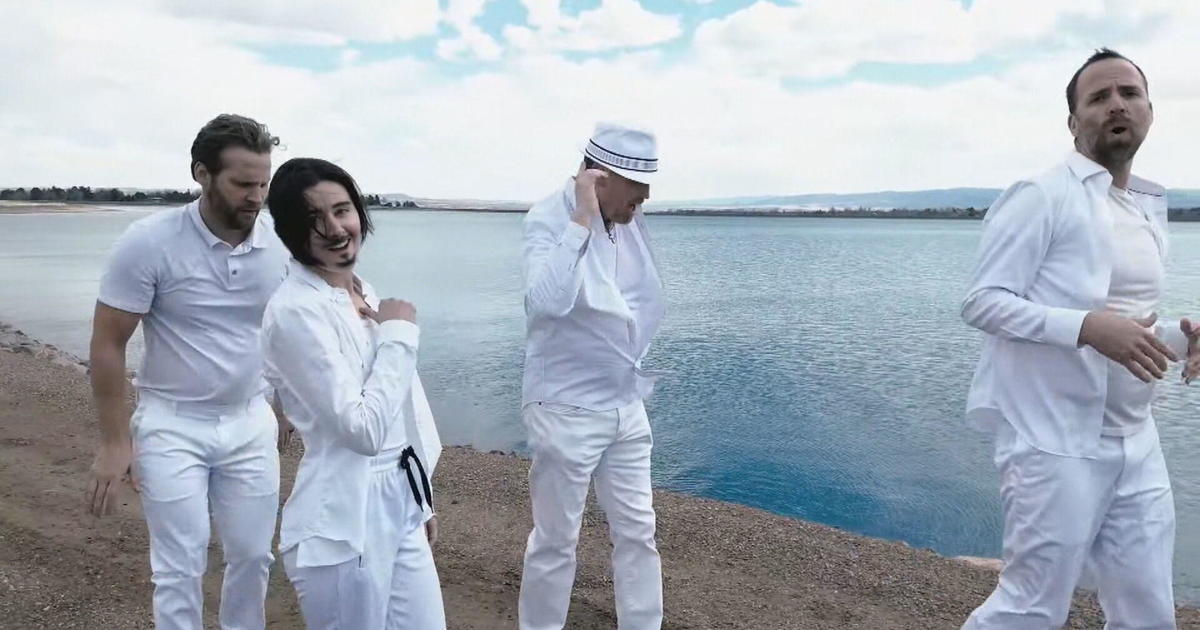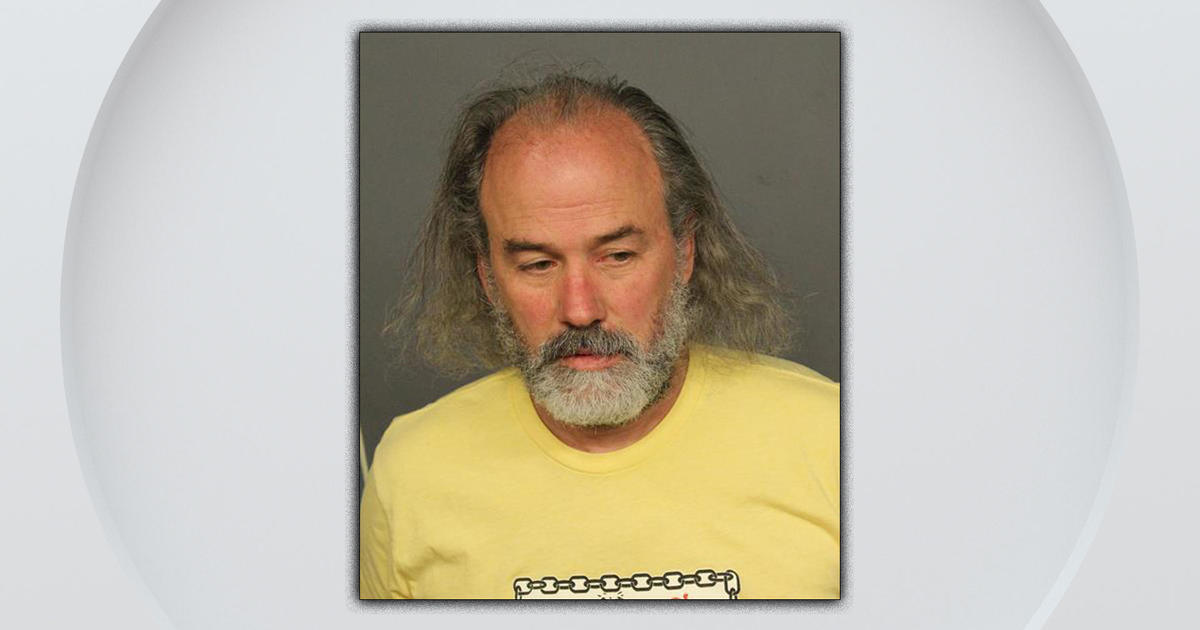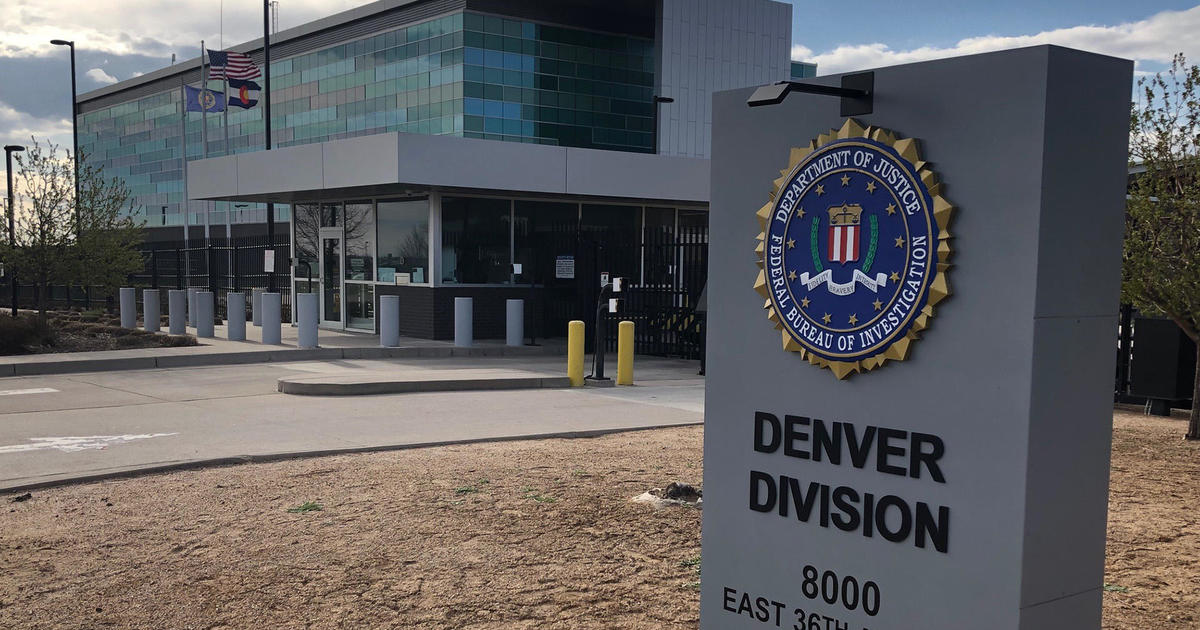Denver Muslim and Jewish faith leaders are coming together to combat hate and foster hope
They sit together like the old friends they have become. To some, unlikely partners in the current political and religious climate, but unabashed and unbowed by the pressures that exist amid war and death, tragedy and fear, insult or threat.
"We have known each other for a while," said Imam Mohammad Kolila, of the Downtown Denver Islamic Center. "It started in a restaurant having lunch together."
The lunch followed a meeting of the Governor's Clergy Council about three years ago. It preceded the start of outright war in Gaza that began with the Hamas attacks of October 7, 2023, but there is no pretending that the date is the point at which the long boiling pot of conflict was lit.
"I am not a peacenik," said Rabbi Joseph Black, Senior Rabbi at Temple Emanuel in Denver when asked. "There are times when it is essential to defend yourself," he explained. "You can't ignore that and Hamas and its ideology is by definition a terrorist organization. Having said that, Hamas is not all of the Palestinians. It's not everyone in Gaza."
When Oct. 7 happened there was immediate and reflexive reaction around the world. Imam Kolia reached out to his Rabbi friend.
"People with whom we had had strong relations in the Christian community were fairly silent. Imam Kolila was the first person to call and express condolence and concern and friendship."
They do not agree on everything. The Imam sees the history of relations between Israel and Palestinians from a different perspective than the Rabbi.
"When somebody comes and provokes your rights of existence, and your rights or freedom, while freedom is the pursuit of happiness, pursuit of job, pursuit of raising family, you're going to be frustrated. And that frustration and that anger can be developed in something violent," he said.
Both worry about the safety of their religious centers in Denver.
"At Temple Emanuel, we've had to increase our security. We've had to put armed guards in place and increase our surveillance and alarms. And we've had threats. We've had swatting incidents where we had to shut down our school because people threatened that we were going to be bombed," said Black.
"There have been shots to one of the Palestinian members of the community to their house," said Kolila.
They too have had to increase security. There is no budget for it at either place.
"Many members of the weekend school, many parents, they withdraw their kids. Because of the fear," said Kolila. "We have to lock all of the doors. You live always in fear but you don't want to show the kids that fear."
They view their responsibilities similarly.
"Both of our communities right now are traumatized. And so as religious leaders, we have to deal with our people and comfort them and provide them opportunities to express their fear and feel safe in our buildings," said Rabbi Black.
In the months of the ongoing war, the two have felt the need to reach out with a message of cooperation and decency. The two penned an editorial for the newspaper calling for a lowering of the temperature. They have become voices of moderation, knowing that even in Colorado, there is a lack of moderation in the rhetoric and anger.
"The violence will create another violence. And the hate will create another hatred. And the hatred will create another violence. And that has to come to an end," said Kolila.
"Calling for the blood of another people is antithetical to what I as a Jew and you as a Muslim stand for," said the Rabbi to his friend. And he urged people to increase their understanding. "The rhetoric that is being spewed, the hateful rhetoric about Islam, about Judaism, about Zionism, about Israel, about Palestine, you need to understand that this is not simplistic. You need to understand that there are hundreds of years of history that we're talking about. Study. Learn."
The conflict over territory has created a split in religious views and has found a home in religious messaging. But that is not how either the Imam or the Rabbi apply their religion.
"Religion is an idea that we're here for a reason, that we're children of God, that we're created in a divine image and we need to see the humanity in every human being, but some people will take that and abuse it. And we see it in Judaism, we see it in Christianity, we see it in Islam, we see it in every religious tradition. There are those that are going to manipulate it," said Black. "When fear is used as we're seeing it used politically here in this country, extremists tend to rise. Whether it's in America, whether it's in Israel, whether it's in Gaza or the West Bank in Palestinian territories."
"God will question us, which side of the history you have taken?" posed Kolila. "I acknowledge that I'm not powerful. I'm not a politician. I'm not the U.S. president. I'm not anyone that can be significant, but I know that God sees what I'm doing and I have to do as much quality work as I can and I have to do it with sincerity."
They will continue together to reach out amid all the pain of the War in Gaza to try to show solidarity of humanity. "My primary responsibility is to take care of my community and yet if that's all that I do, what am I?" asked Black.
